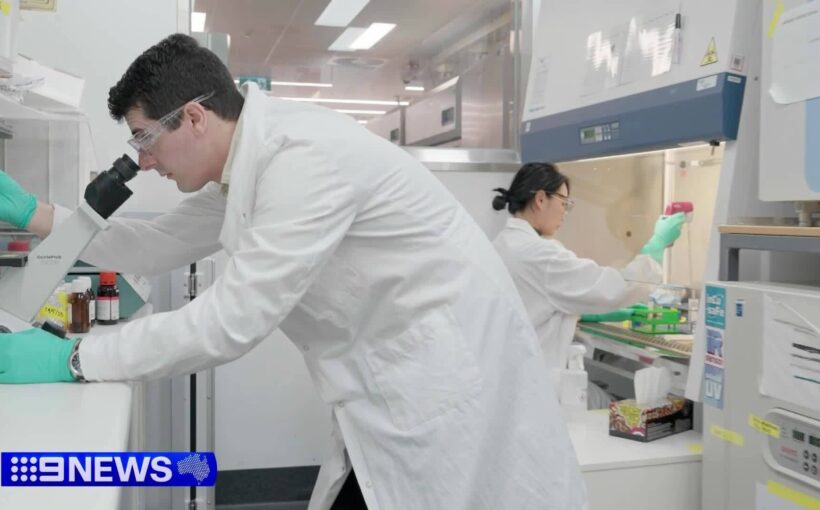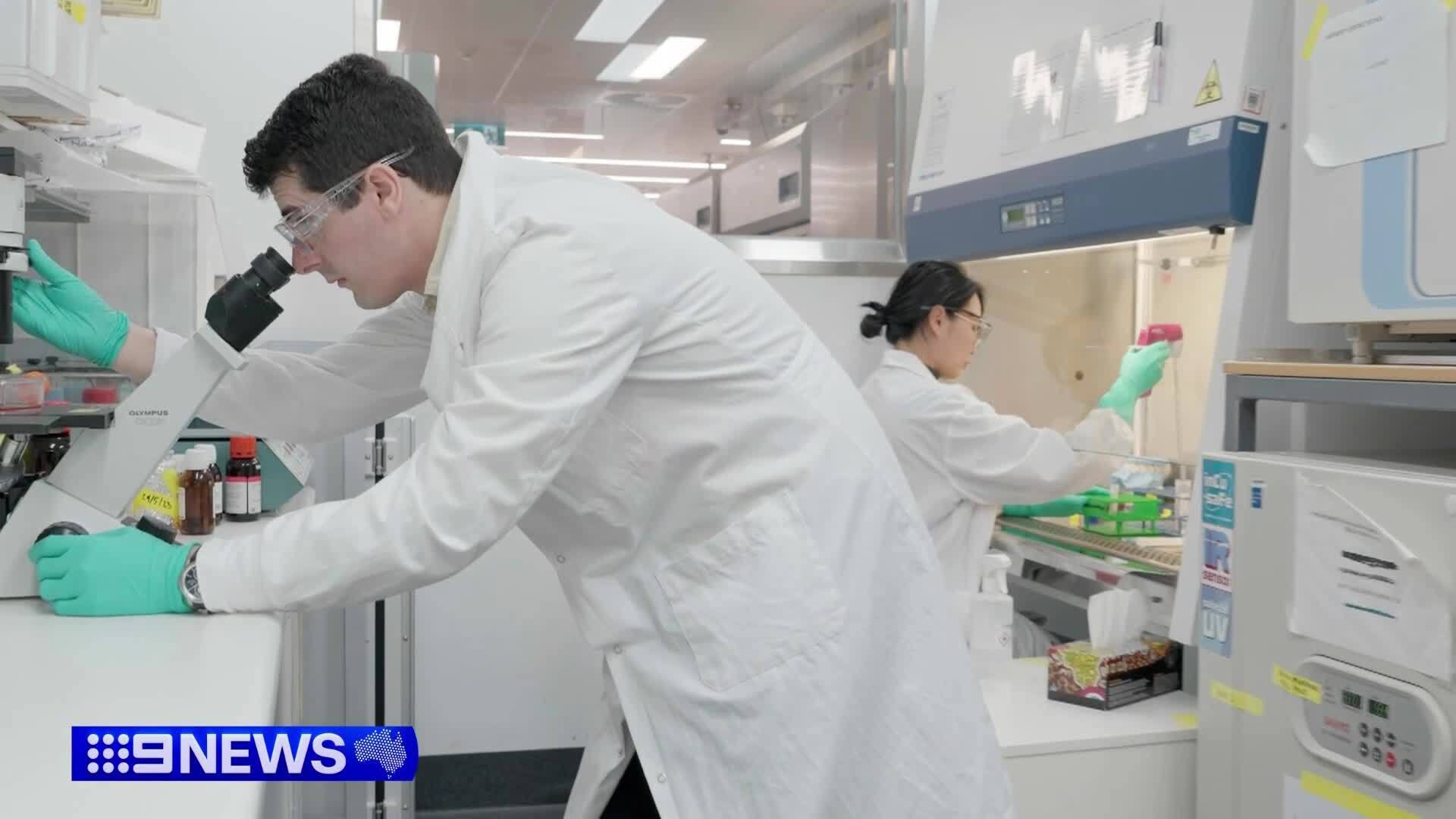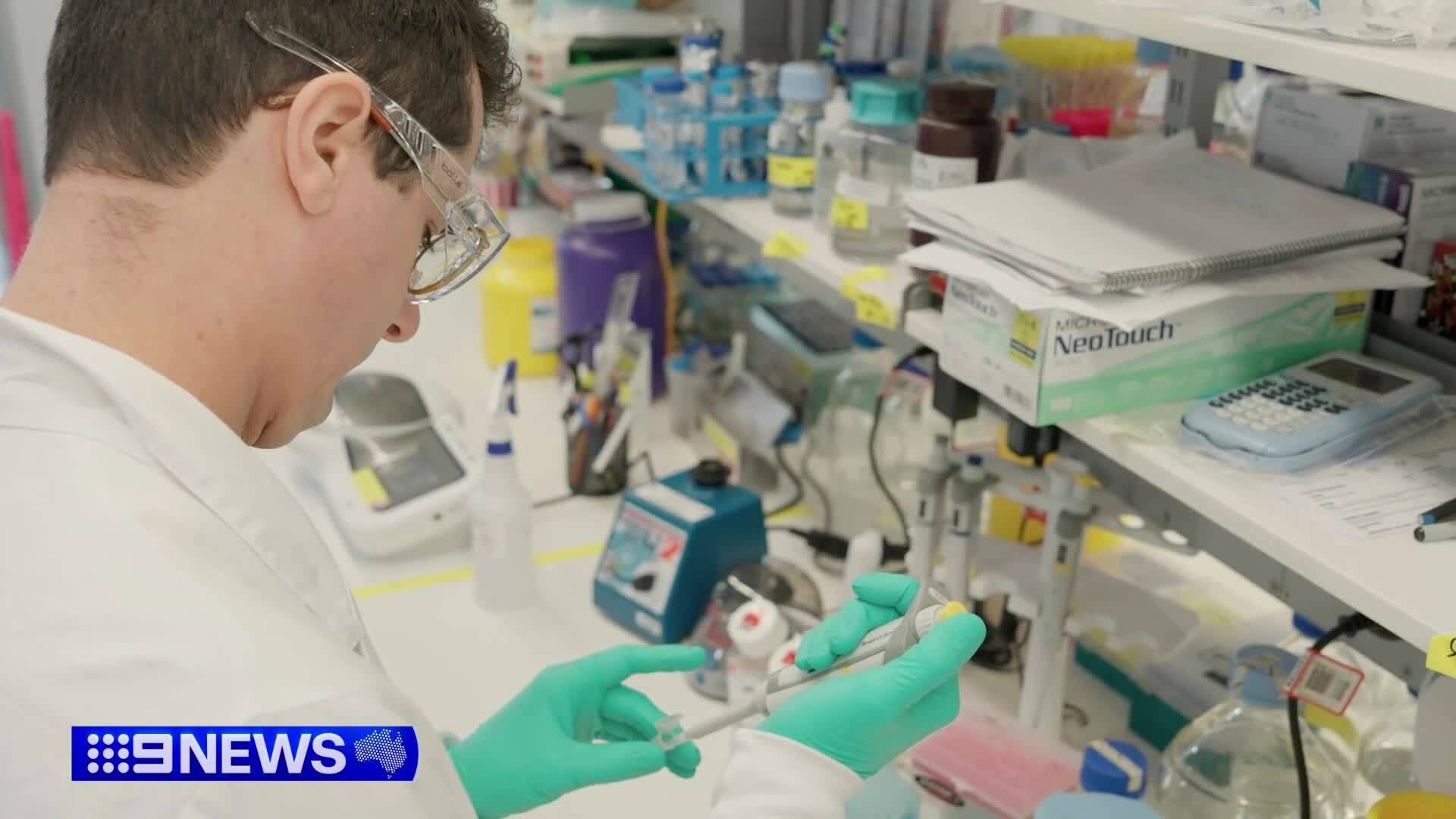Melbourne scientists have made a world-first discovery to tap into the body’s fountain of youth and slow the effects of ageing.
Researchers from the Walter and Eliza Hall Institute of Medical Research (WEHI) found that scar tissue is acting as a defect and compromising the function of the thymus organ, which fights disease.
“So not only is it shrinking, but the light is dimming as well,” professor and division head Daniel Gray said.
“You’re more likely to encounter infections you’ve had in the past. But it can become a problem when new infections arise.”
The thymus is an organ above the heart which is responsible for producing white blood cells called T cells.
T cells are trained to recognise and target foreign antigens like infection and disease.
The gland is large in children but, after puberty, the thymus starts to shrink and weaken, making it harder to fight off illnesses.
“By the time you’re 65 it’s virtually retired, it’s not functioning properly anymore,” Gray said.
The researchers have discovered that regenerating the thymus could then help supercharge the immune system.
“This gives us a new way, a new target for drugs to try and regenerate thymus function and restore immunity in the aged,” Gray said.
The next step is to develop therapies that will reinvigorate the thymus later in life.
It won’t stop people from getting older but it could help unlock the body’s fountain of youth.
“You do the best you can but if there’s some support, some help, that’d be very welcome,” Gray said.





